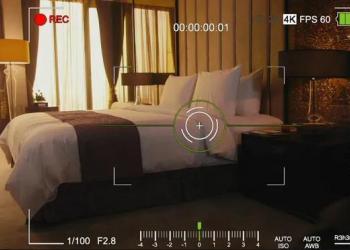
A Prostitute’s Right to Privacy and P.C. § 632
A prostitute’s acts and oral conversations while plying her trade at a client’s home constitute a “confidential communication,” as defined in P.C. § 632(c), making the surreptitious audio and visual recording of those acts a violation of P.C. § 632(a).
Defendant Michael J. Lyon had the nasty habit of engaging the services of prostitutes at his home, and then secretly videotaping his liaisons with them. But he wasn’t very clever in doing this, repeatedly getting busted and prosecuted for violating Pen. Code § 632(a); eavesdropping on or recording confidential communications. With a prior conviction for the same in 2011—for which he received a suspended sentence and probation—defendant continued to commit this offense through 2013 and 2014. Finally in 2015, he was charged in a multi-count information, alleging his repeated violations of P.C. § 632(a) (eavesdropping) and P.C. § 647(j)(3)(A) (disorderly conduct). Sixteen counts of eavesdropping involved the surreptitious video recordings that captured both the participants’ audio and visual participation in the act of prostitution, while twelve counts of disorderly conduct involved video recordings that only captured real-time images, but no audio. Out of this, he was eventually was convicted by a jury in 2018 of six counts of eavesdropping and two counts of disorderly conduct. Sentenced to six years and four months in prison, defendant appealed.





